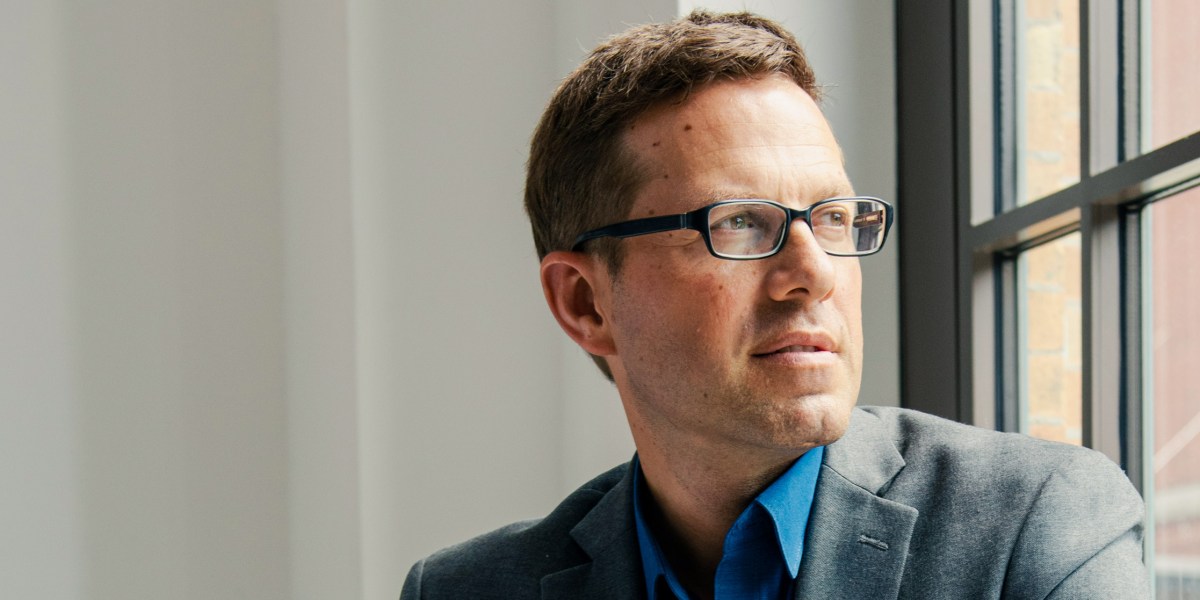
Sarah Husain, who’d worked on Twitter’s Trust and Safety team until it was eliminated by Elon Musk, told me at a May 2022 event that several colleagues in her field had spoken highly of ATIH, recommending she attend. Chana Deitsch, an undergraduate business student who participates in ATIH’s mentorship program, says it not only helps with job leads and reference letters but provides a sense of confidence and belonging. Alex Sarkissian, formerly a Deloitte consultant and now a Buddhist chaplaincy student, feels that the organization has potential “to be a kind of spiritual community for me in addition to my sangha [Buddhist congregation].”
I’ve encountered mainly earnest and insightful members like these, people who come together for serious mutual support and ethical reflection and—non-trivially—funaround a cause I’ve come to hold dear. Granted, few ATIH participants, in my observation, hold C-level tech positions, which could undermine the organization’s claims that it has the ability to unite stakeholders toward effectual action … or perhaps it simply signifies a populism that could eventually put sympathizers in high places?
Despite my skepticism toward both theology and technology, ATIH has often given me the feeling that I’ve found my own tech tribe.
Growing pains
Polgar is a nerdily charismatic former lawyer who has been developing the ideas and networks from which the organization sprouted for over a decade. As a young professor of business law at a couple of small, under-resourced colleges in Connecticut in the early 2010s, he began pondering the ethics of technologies that had recently emerged as dominant and ubiquitous forces across society and culture. Adopting the title “tech ethicist,” he began to write a series of missives on digital health and the idea of “co-creating a better tech future.” His 2017 Medium post “All Tech Is Human,” about how technology design should be informed by more than robotic rationality or utility, generated enthusiastic response and led to the formal founding of the organization a year later.
The ATIH concept took a while to catch on, Polgar told me. He worked unpaid for three years and came “close to quitting.” But his background inspired perseverance. Born in 1979 in Cooperstown, New York, Polgar was a philosophical kid who admired Nikola Tesla and wanted to be an inventor. “Why can’t I start something big,” he remembers thinking back then, “even from a little place like this?”
Despite their growing influence, Polgar and the organization continue to emphasize their outsider status. ATIH, he argues, is building its following in significant part with people who, for their interest in ethical approaches to technology, feel as unjustly ignored as he and many of his upstate peers felt in the shadow of New York City.
ATIH’s model, says the organization’s head of partnerships, Sandra Khalil, is to offer not a “sage on the stage” but, rather, a “guide on the side.” Khalil, a veteran of the US Departments of State and Homeland Security, also came to the organization with an outsider’s pugnacity, feeling “severely underutilized” in previous roles as a non-lawyer intent on “challenging the status quo.”
Polgar, however, hardly shrinks from opportunities to influence tech discourse, whether through media interviews with outlets like the BBC World News or by joining advisory boards like TikTok’s content advisory council. ATIH admits, in its “Ten Principles,” that it draws both from grassroots models, which it says “have ideas but often lack power,” and from “top-down” ones, which can “lack a diversity of ideas” but “have power.” The organization does not ask for or accept membership fees from participants, relying instead on major donations solicited by Polgar and his team, who control decision-making. There hasn’t seemed to be a significant call for more democracy—yet.
